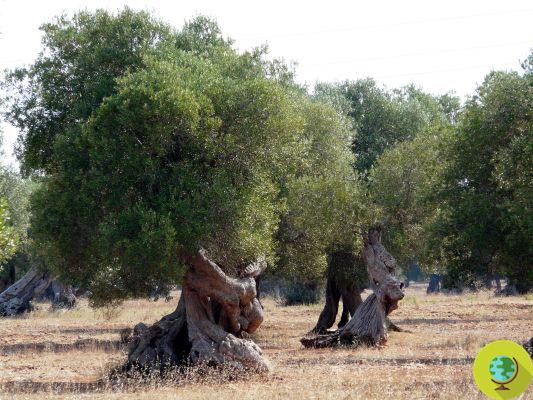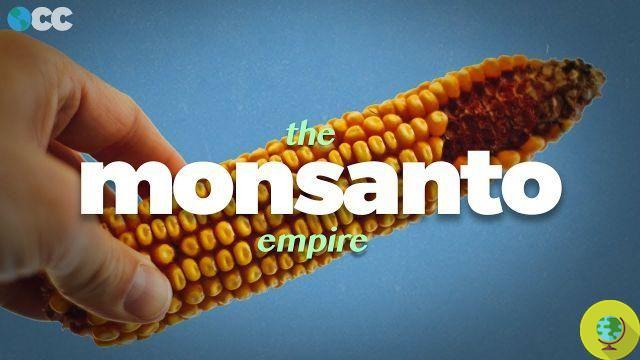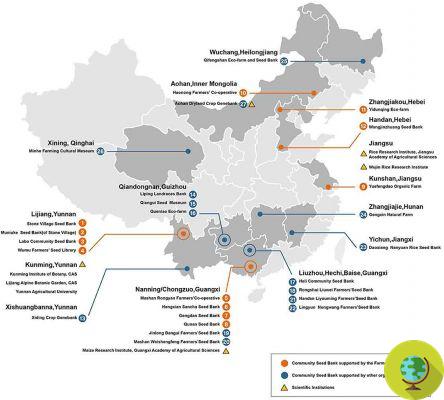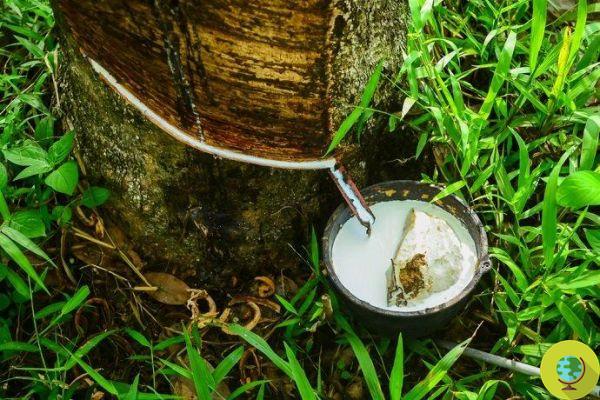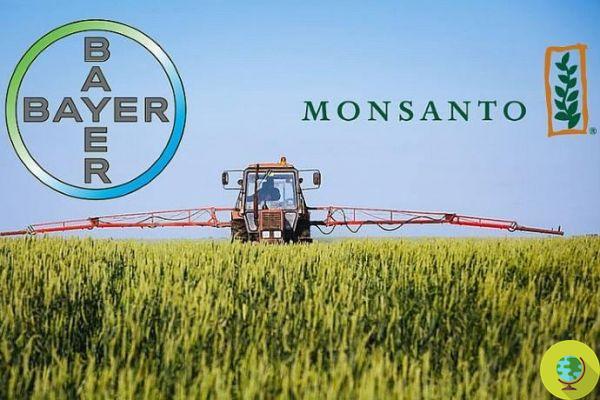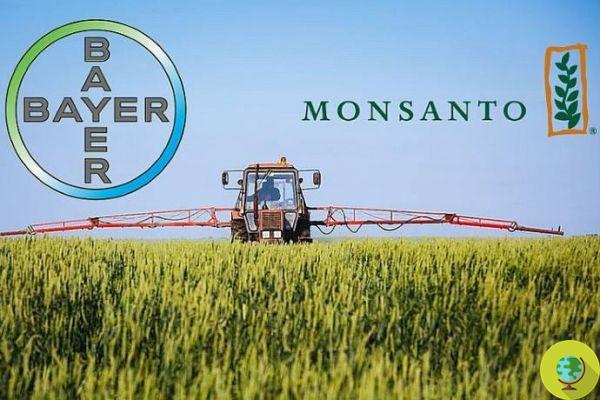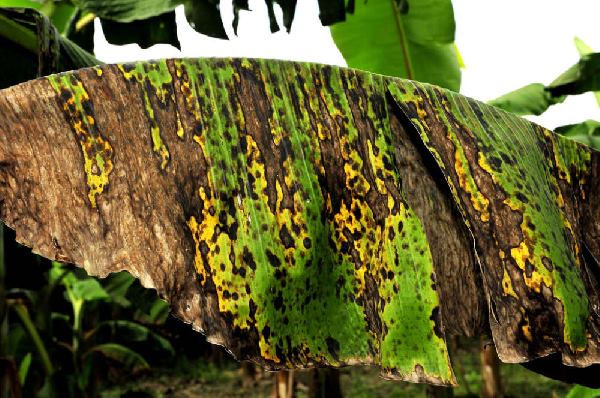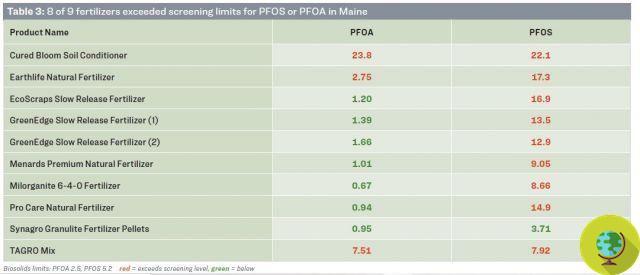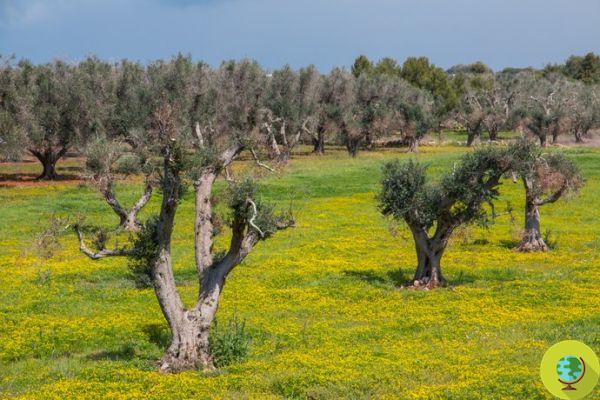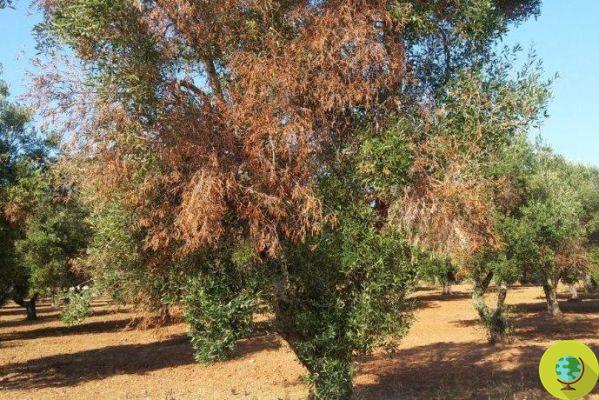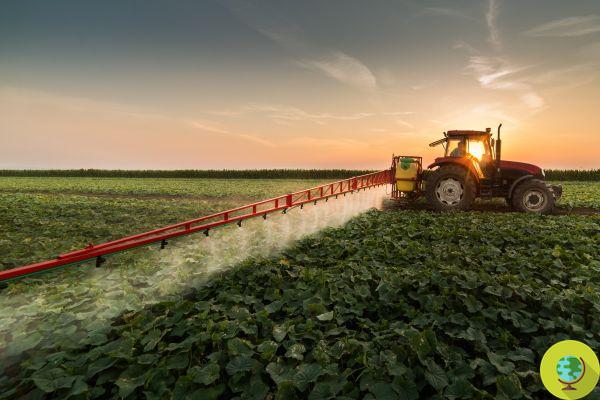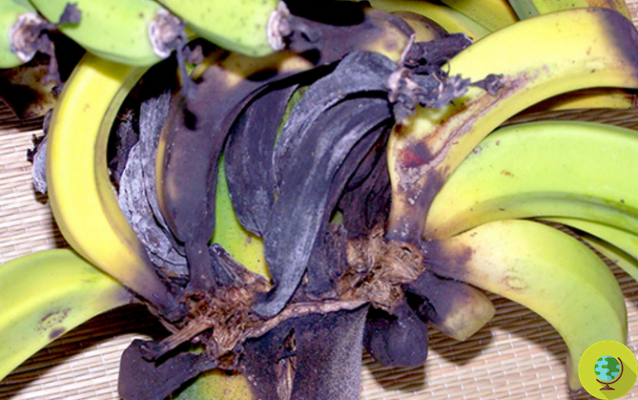'Sustainable' palm oil is again under fire: certification systems are unable to preserve the forest. This time, this is established by a resolution of the European Parliament denouncing the strong impact of crops and the failure of certifications.
He is about to end up run over, his mother saves him'Sustainable' palm oil is again under fire: certification systems are unable to preserve the forest. This time, this is established by a resolution of the European Parliament denouncing the strong impact of crops and the failure of certifications.
The UN had already said that there is no sustainable palm oil and we had said it several times too, but now the European Union also opens its eyes with a resolution that clarifies what is happening in Indonesia and Malaysia, major producers of palm oil, with an estimated share of between 85% and 90% of world production.
The resolution reads: "The expansion of palm oil plantations has led to large-scale forest destruction and social conflicts pitting plantation companies against indigenous groups and local communities."
And again: "In recent years, the private sector has shown a growing commitment to forest protection and that over 400 companies have committed to eliminating deforestation from their products and supply chains in accordance with the New York Declaration on Forests. , focusing specifically on commodities such as palm oil, soy, beef and timber".
The considerations of the European Parliament are the result of the analysis of a feasibility study on options to strengthen EU action against deforestation which focuses mainly on seven products which endanger forests, in particular palm oil, rubber, soy, beef, maize, cocoa and coffee.
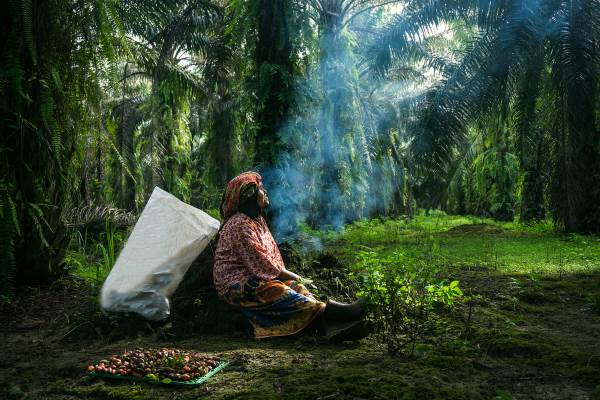
Certifications do not preserve the forest
And here is the crux of the matter: "Neither the Round Table for Sustainable Palm Oil (RSPO), nor Indonesian Sustainable Palm Oil (ISPO), nor Malaysian Sustainable Palm Oil (MSPO), nor any others major recognized certification systems effectively prohibit their members from converting rainforests or peatlands into palm plantations ”.
Then the European Parliament: "Therefore, it believes that these main certification systems are not able to effectively limit greenhouse gas emissions deriving from the creation and cultivation of plantations and consequently fail to avoid large fires in forests and peatlands".
For this, "Asks the Commission to ensure independent audit and monitoring of these certification systems, ensuring that palm oil placed on the EU market complies with all necessary standards and is sustainable and notes that the issue of sustainability in the palm oil sector cannot be tackled solely with voluntary measures and policies, but binding standards and mandatory certification systems are needed, even for palm oil companies ”.
Finally, the European Parliament believes that a halt to the expansion of plantations must still be put in place and that it is necessary to "inform consumers more about the harmful consequences of the production of unsustainable palm oil on the environment, given that the ultimate goal is to obtain a significant drop in the consumption of palm oil ".
Read also:
- 'Sustainable' palm oil: the App arrives to recognize it, but can we trust it?
- Sustainable palm oil does not exist, UN word (PHOTO)
- The 'sustainable' palm oil hoax destroying Indonesia's forests
Dominella Trunfio




